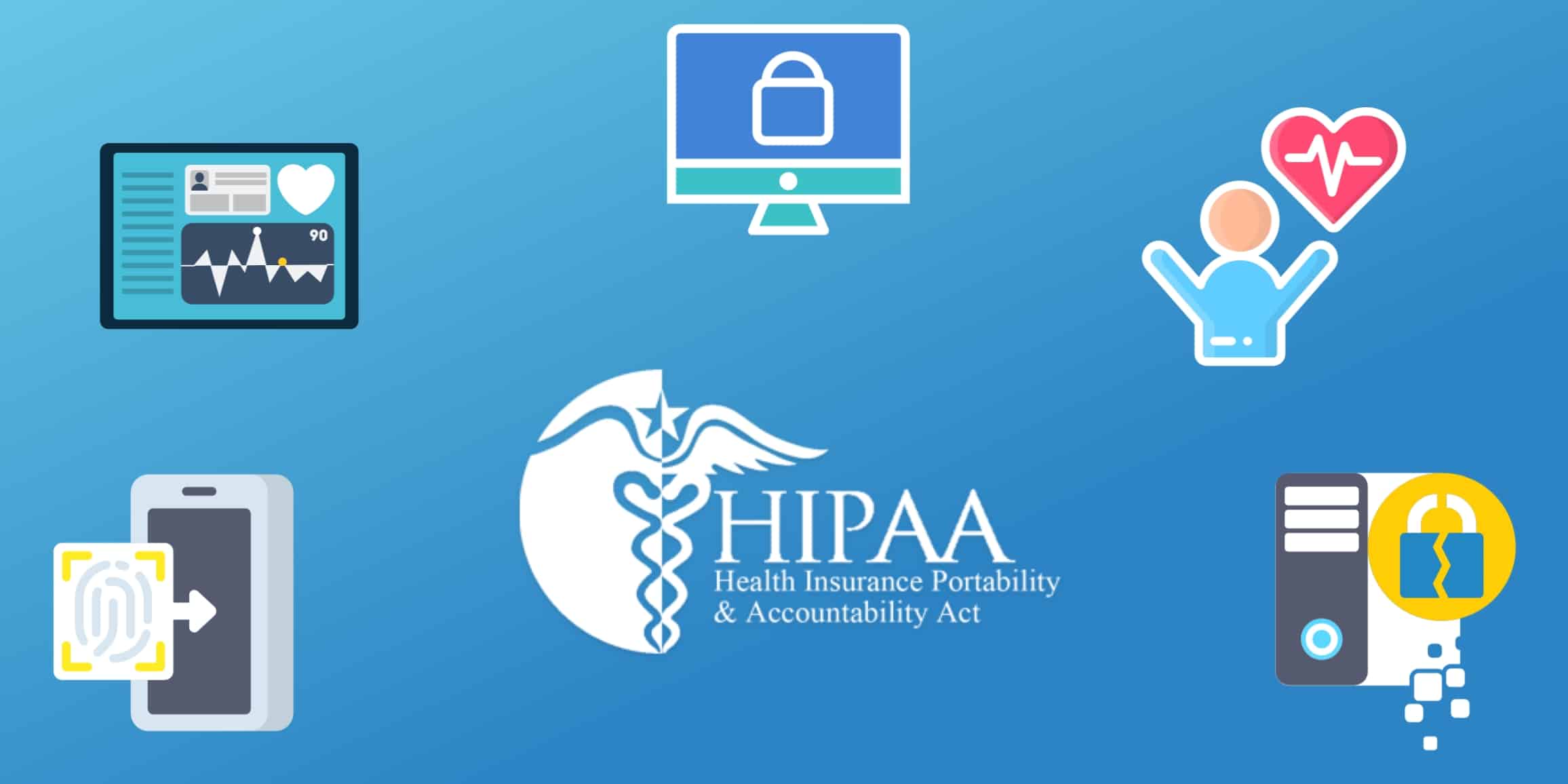What is the HIPAA Full Form?
What is the Full Form of HIPAA: The Three Rules
What is the full form of HIPAA? The HIPAA full form consists of three main rules, the HIPAA Privacy, Security, and Breach Notification Rules.
HIPAA Privacy Rule
The HIPAA Privacy Rule dictates the proper uses and disclosures of protected health information (PHI). Under this Rule, healthcare providers must have a Notice of Privacy Practices – explaining to patients how their information may be used and notifying patients of their right to access their medical records. The HIPAA Privacy Rule also requires PHI access to be limited to the minimum necessary to perform a job function.
HIPAA Security Rule
The HIPAA Security Rule requires healthcare organizations to implement safeguards to secure PHI. These safeguards (administrative, technical, physical) must ensure the confidentiality, integrity, and availability of PHI.
HIPAA Breach Notification Rule
The HIPAA Breach Notification Rule requires breaches affecting PHI to be reported. These incidents must be reported to affected patients and the Office for Civil Rights (OCR). Breaches affecting 500 or more patients must also be reported to the media.
Seven Fundamental Elements of an Effective Compliance Program
To ensure that you meet HIPAA compliance full form, the Department of Health and Human Services issued guidance known as the Seven Fundamental Elements of an Effective Compliance Program.
- Implementing written policies, procedures, and standards of conduct.
- Designating a compliance officer and compliance committee.
- Conducting effective training and education.
- Developing effective lines of communication.
- Conducting internal monitoring and auditing.
- Enforcing standards through well-publicized disciplinary guidelines.
- Responding promptly to detected offenses and undertaking corrective action.
The HIPAA Full Form: Implementing an Effective Compliance Program
Healthcare organizations can use the guidance provided by the Seven Fundamental Elements to ensure that they meet the HIPAA full form requirements. To meet the requirements of the HIPAA regulations, healthcare organizations (healthcare providers, healthcare vendors, and MSPs) must implement a HIPAA compliance program.
Security Risk Assessments, Gap Identification, and Remediation
To be HIPAA compliant, it is crucial to identify where your deficiencies lie. To do so, healthcare organizations must conduct six self-audits annually. These self-audits uncover weaknesses and vulnerabilities in your security practices. To ensure that your organization meets HIPAA safeguard requirements, you must create remediation plans. Remediation plans list your identified deficiencies and how you plan to address them, including actions and a timeline.
HIPAA Policies and Procedures
To ensure that you meet HIPAA Privacy, Security, and Breach Notification requirements, you must implement written policies and procedures. These policies and procedures must be customized for your practice’s specific needs, applying directly to your business’s operations. To account for any changes in your business practices, you must review your policies and procedures annually and make amendments where appropriate.
HIPAA Training
HIPAA imposes employee training requirements that are the same regardless of the state the healthcare organization operates in. HIPAA training must be provided to each employee that has the potential to access PHI. Training must be provided annually, in which employees must legally attest that they understand and agree to adhere to the training material.
Business Associate Agreements
Business associate agreements must be signed with each of your business associate vendors. HIPAA defines a business associate as any entity that performs a service for your practice that gives them the potential to access PHI. Common examples of business associates include electronic health records platforms, email service providers, online appointment scheduling software, and cloud storage providers.
You cannot use any vendor and be HIPAA compliant. They need to be willing and able to sign a business associate agreement (BAA). A BAA is a legal contract that requires each signing party to be HIPAA compliant and be responsible for maintaining their compliance. When a vendor doesn’t sign a BAA, it cannot be used for business associate services.
Incident Management
To comply with the HIPAA Breach Notification Rule, you must have a system to detect, respond to, and report breaches. Employees must also have the means to report incidents anonymously and be aware of what to do if they suspect a breach has occurred.







